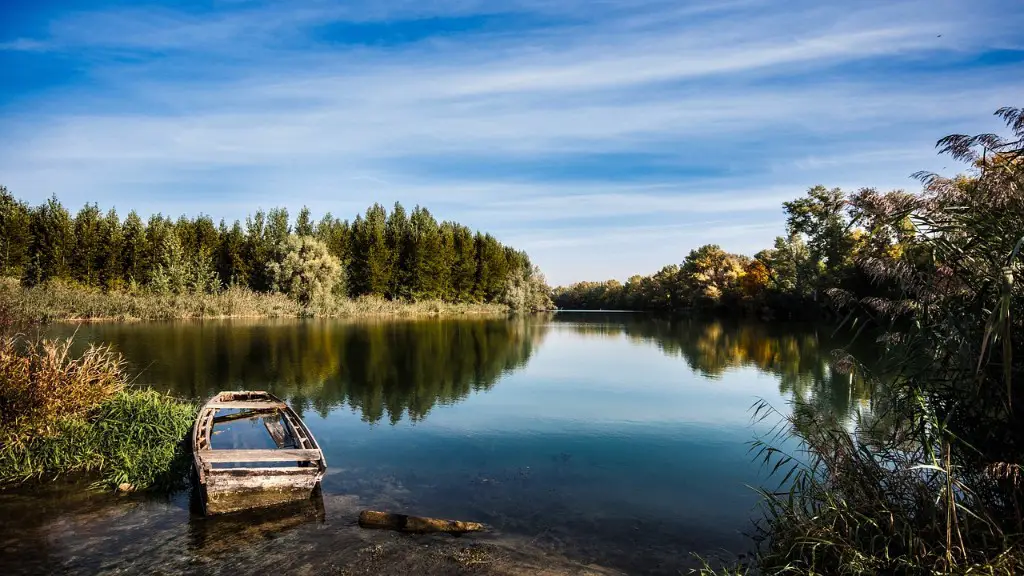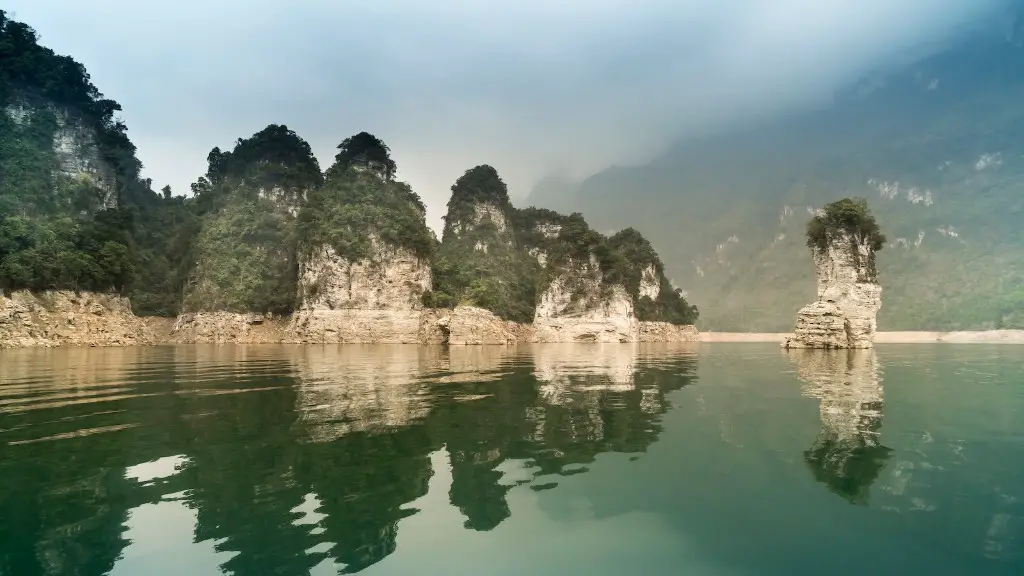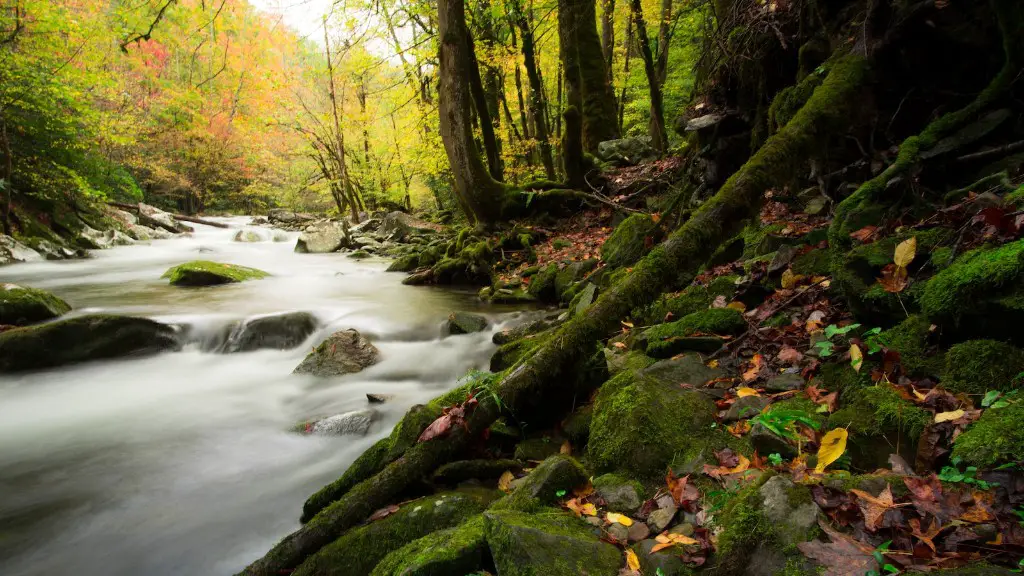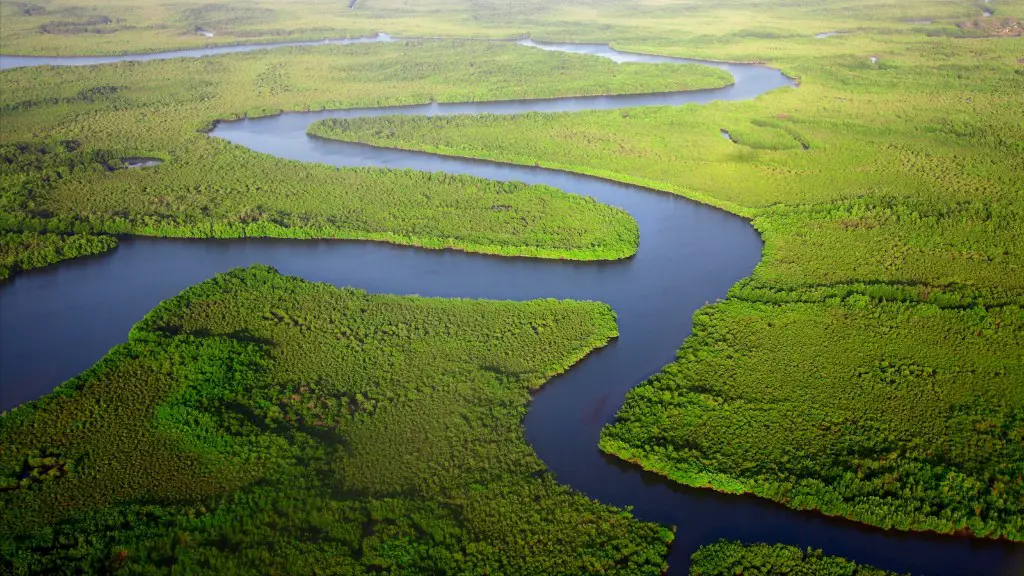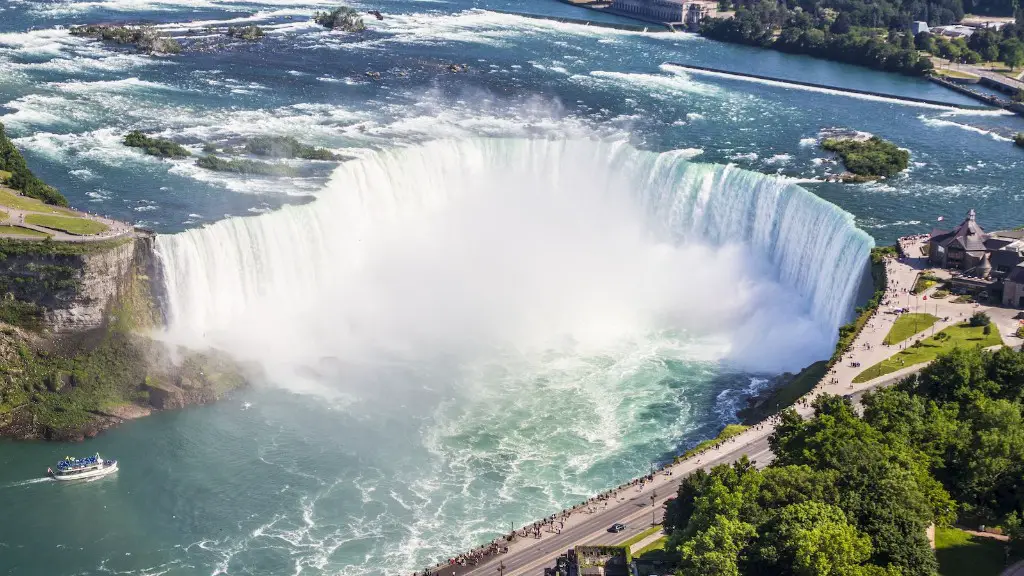Is the Nile River Dirty?
The Nile river is one of the world’s most important and historic rivers. It runs for 6,853 kilometers from East Africa to the Mediterranean Sea and has been a crucial part of human life for millennia. It has been used for travel, irrigation and energy generation, among other uses. In recent years, however, the health of the river has come into question. With more people and activities taking place alongside its banks, there have been reports of increasing levels of pollution.
According to a report by the World Health Organization and the African Development Bank, pollutants in the Nile river have doubled in the past 20 years. This is due to the increasing number of factories and other industrial sites operating in the region. Common pollutants include heavy metals, such as lead and mercury, as well as chemicals and sewage. In some cases, these pollutants have resulted in lethal fish kills and other forms of contamination.
However, some experts say that the Nile River is not as polluted as other large rivers around the world. A study conducted by the Nile Basin Initiative found that the Nile is relatively clean in comparison to other large rivers, such as the Ganges or the Yangtze. This is due in part to the prohibitions on industrial dumping in the river, as well as the efforts of governments to clean up the river.
Still, the pollution of the Nile is a problem that needs to be addressed. The UN Environment Programme and the African Development Bank are leading a campaign to create awareness of the issue and promote measures to reduce the pollution. This includes increasing public awareness and introducing better regulations to protect the river. In Egypt, for example, a new “Nile Waters Protection Law” was passed in 2018, which set regulations for wastewater, industrial emissions, and agricultural runoff.
At the same time, local communities have been taking action by organizing clean-up campaigns and public protests. In 2019, more than 1,000 people joined a protest in Luxor, Egypt, calling for action to protect the environment of the Nile. This shows that there is a growing understanding of the importance of the Nile and a commitment to preserving its health.
Ultimately, the Nile is an essential part of life for millions of people, and it is important that it is protected from further pollution. While the Nile is not as polluted as other rivers, it still faces serious levels of contamination and requires greater preventive measures and public awareness.
Economic Impact
The health of the Nile River has an important economic impact on the region. It is a major source of food and water for fishing, agriculture, and other industries. Pollution of the river has caused an economic crisis in many areas, as declining fish populations and water shortages have caused local communities to suffer.
In addition, the pollution of the Nile has had effects on tourism. The river is a major tourist attraction in many parts of Egypt and Sudan, but With the river becoming increasingly polluted, tourists have been deterred from visiting the area. This has caused a sharp decline in tourism, which has had a devastating effect on local economies.
As a result, it is important for governments to take steps to protect the river and reduce pollution. This could include introducing stricter regulations on industrial dumping and enforcing penalties for polluters. It is also important to promote public awareness of the issue and encourage people to take part in clean-up efforts.
Scientific Facts
Scientific research has provided an in-depth look at the pollution of the Nile River. Recent studies have found that the river is contaminated by sewage, heavy metals, nitrogen, and other pollutants. These pollutants have caused a number of health problems, including physical and neurological issues, among local populations.
The pollution of the Nile has also been linked to climate change. Studies have found that the river is warming at twice the global average, and this has caused warmer waters and a decrease in the river’s biodiversity. These changes are causing a number of ecological problems and could have long-term consequences for the region.
In addition, recent research has shown that the river is becoming increasingly polluted due to the growing number of factories and other industrial sites. These pollutants have caused a decrease in the river’s oxygen levels, which could lead to further ecological damage and a decrease in fish populations.
Overall, scientific studies have shown that the Nile is becoming increasingly polluted, and this is having a number of detrimental effects on the environment and the health of local communities. It is therefore important for governments to take action to reduce pollution and protect the river.
Cultural Relevance
The health of the Nile River has deep cultural and spiritual significance in the region. For centuries, it has been a source of life and sustenance for people in Egypt and Sudan, as well as a symbol of faith. In recent years, there has been a renewed interest in protecting and preserving the river, as people have become more aware of its importance.
Religious rituals and ceremonies are still practiced along the banks of the Nile River, and many communities use the river for spiritual healing. This has led to a growing spiritual connection with the river, which has made people more aware of its fragility and the need for its protection.
In addition, the river has become a symbol of resistance and a source of hope. In recent years, the Nile has been at the center of a number of political movements, as people have fought to protect it from further destruction. This shows that the Nile is an integral part of the region’s culture, and is deserving of greater protection.
Government Responses
The governments of the Nile Basin countries have taken steps to address the issue of pollution. In 2018, the governments of Egypt, Sudan, and Ethiopia signed an agreement to collaborate on the management of the river. This agreement included measures to reduce pollution, protect the environment, and promote sustainable development.
Since then, the governments have taken steps to reduce waste, protect the river from further damage, and promote public awareness of the issue. In 2019, the governments of Egypt, Sudan, and Ethiopia launched a “Clean Nile River Initiative” to promote greater awareness of the problem and encourage people to take action.
However, there is still much work to be done. Governments need to continue to focus on reducing pollution and protecting the river. This includes introducing stricter regulations on industrial dumping and enforcing penalties for polluters. It is also important to promote public awareness and encourage people to take part in clean-up efforts.
Public Perception
In recent years, there has been a growing awareness of the issue of pollution of the Nile. In many parts of the region, people have become more aware of the risks posed by pollution and the need to protect the river.
This has led to a number of public protests and campaigns, as people have called on their governments to take action. This shows a growing public understanding of the importance of the river and a determination to protect it.
At the same time, there is still much work to be done to raise awareness of the issue. More needs to be done to educate people about the risks of pollution and the importance of the river. This could include teaching about the river in schools and encouraging people to take part in clean-up efforts.
In conclusion, it is clear that the pollution of the Nile River is a serious issue that needs to be addressed. It is important that governments and local communities work together to reduce pollution and protect the river. It is also important to promote public awareness of the issue, so that people understand the risks posed by pollution and the importance of the Nile.
